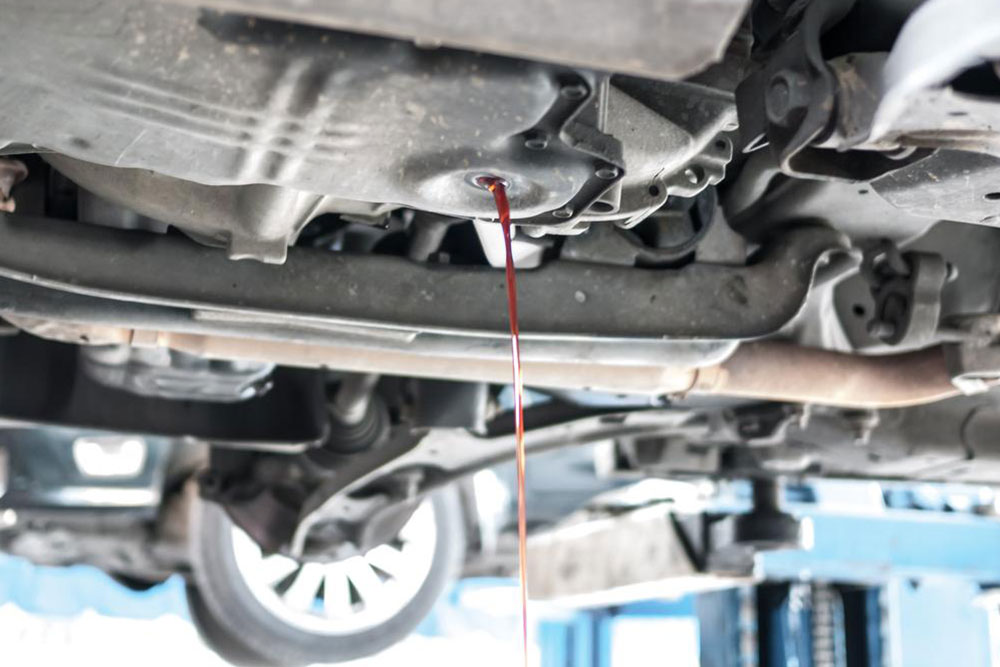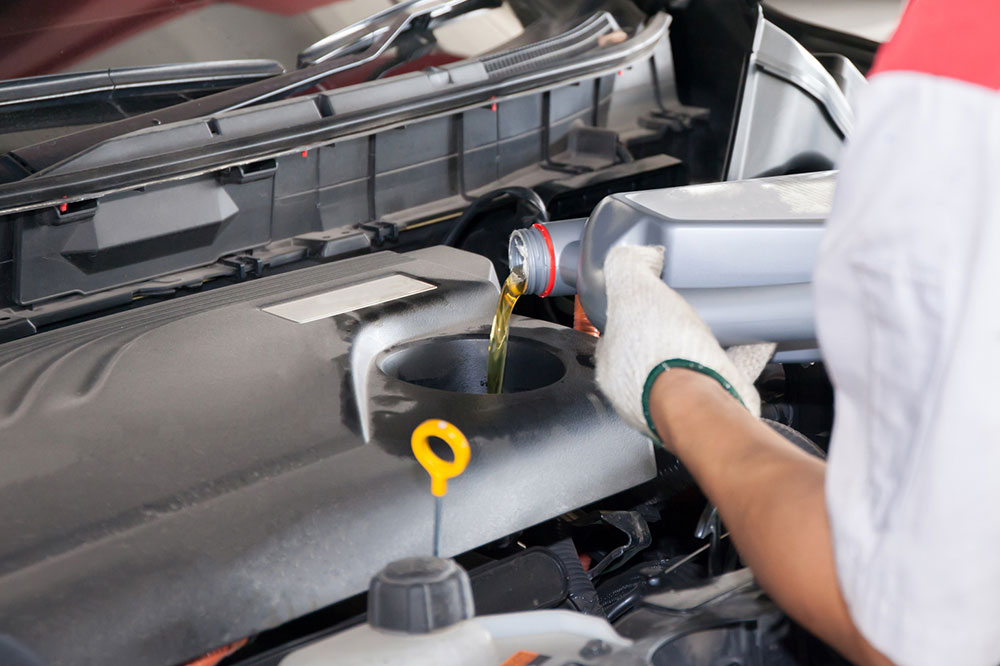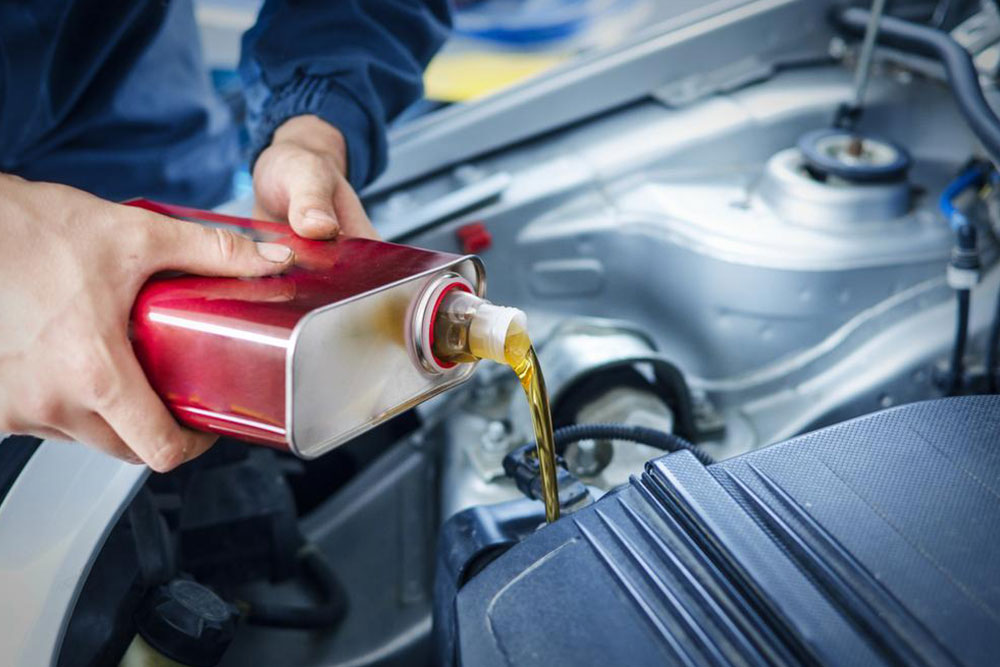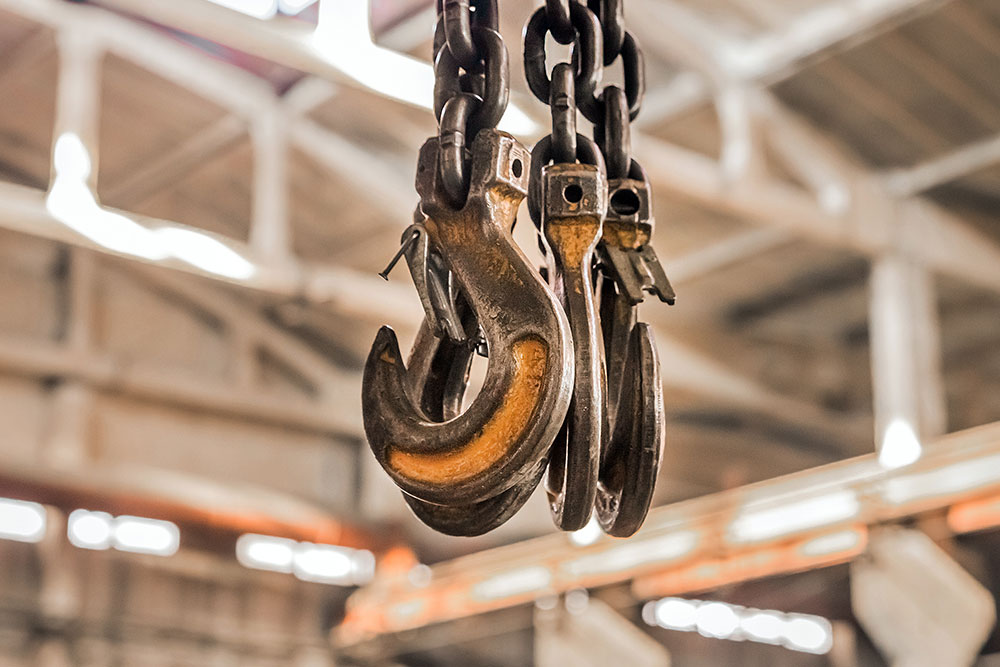Optimal Timing for Changing Your Vehicle's Engine Oil
Learn how to determine the right time to change your car's engine oil based on driving habits, vehicle age, and oil quality. Regular maintenance ensures engine longevity and optimal performance. Discover recommended intervals for different driving conditions and the importance of using high-quality oil. This guide helps vehicle owners maintain their engines effectively, preventing damage and ensuring smooth operation.

Determine the Ideal Time to Replace Your Car's Engine Oil
Wondering when to change your vehicle's engine oil? The most reliable source is your car’s owner’s manual. Typically, it recommends an oil change every 4,000 miles. As the vehicle ages, this interval may reduce to around 3,000 miles, depending on driving habits. Modern cars often have higher mileage before requiring repairs. If your car is new, schedule its first service within three months or after approximately 4,000 miles, often with complimentary oil replacement included.
The frequency of oil changes varies based on driving conditions and oil quality. Using high-grade oil ensures longevity, while cheaper oils tend to degrade faster, risking engine damage.
• Standard Conditions: Ford recommends vehicles from 2008 onward to change oil every 4,500 miles or six months, whichever occurs first.
• Less Conventional Use: For off-road driving, dusty environments, towing, or extended idling, change oil every 3,000 miles or six months for models post-2008; older models should be serviced every 1,500 miles or three months.
• Intensive Use: Driving in city traffic for short distances frequently deteriorates oil faster. For example, driving 1,000 miles in town over five months can compromise oil quality. How often to change oil depends heavily on driving style and oil type.
• Oil Roles: As oil thickens, it forms a coating over engine parts, reducing efficiency and increasing wear. Timely oil changes ensure optimal lubrication, heat dissipation, and sealing of combustion chambers. During oil changes, filters are replaced to remove debris, maintaining engine performance.
Note:
This blog offers a wide range of practical, well-researched information across various categories. While our editorial team strives to provide accurate data, readers should view articles as guidelines rather than absolute facts. We are not responsible for discrepancies or outdated information from other sources. Additionally, exclusive schemes or offers may not be covered within the content provided.










